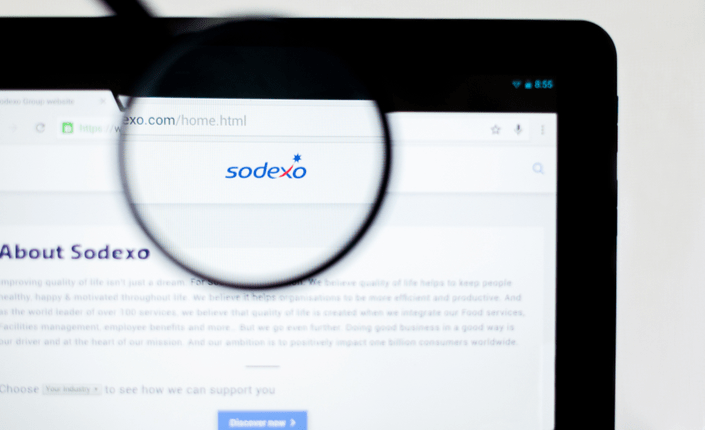
This article was written and published in Spanish and has been translated into English via Google Translate. Click here to read the original article.
The role of Human Resources has evolved over time. It's a change that, in recent years, have been driven by the development of new technologies, the globalization of business, the renewed interests and concerns of the new generations of workers and a complex and changing business environment, which throws up too many uncertainties about how achieve high long-term competitiveness.
In order to know what role human resources departments will play in the future, Sodexo has analyzed in a report some key phases through which its function has passed, since in 1980 the term "labor competencies" emerged to define those skills that the professionals had to have and that were - and still are - key for the companies in order to maintain their productivity and competitiveness in the market.
Thus in the digital era, where the shortage of talent is a reality for many companies (either due to lack of experience or the technical and / or social knowledge necessary to face the changes that new technologies are driving) and according to a survey carried out by ManpowerGroup, the skills gap that began to be identified in 1980 has lasted over time, although it is now especially critical.
However, all industrial revolutions have had to redirect the workforce towards the acquisition of new skills that would allow industries to achieve the desired objectives, even when the scenario was uncertain and changing. It is for this reason that at this time of transformation it is called the fourth industrial revolution.
The problem is that the pace at which technological development advances prevents professionals from entering the market as quickly as the new ecosystem requires, suggesting a radical change in many of the structures that support the current system: education, employment policies, companies etc.
Sodexo explains that "although companies have been working with people since they exist," talent management is a term coined by David Watkins of Softscape "to describe the process that companies follow to attract and retain productive employees" . A concept that was extended in the companies in the 90s, and from which the HR began to gain a key role and even expert, in order to help organizations to engage employees and get better performance.
At that time there was already talk of "war for talent", although it was McKinsey of the first companies to make reference to this term that continues to this day. "Currently there are many companies that strive to attract talent, but more and more, since the 90s, companies that, aware of the benefits of working in the management of organizational talent, include in their goals and priorities the retention and development of internal talent," Sodexo elaborates.
This management, at present, has led companies to incorporate Employer Branding strategies and develop their talent policies in the virtual field, taking into account the new measurement and data management solutions, as well as other technology such as Artificial Intelligence to improve the results of many of the processes carried out by HR.
"The companies that implement talent management do so mainly to retain employees, knowing the high cost of a frequent rotation of workers, but also because it is an improvement of the organization that affects their benefits," adds Sodexo in its report, where it enumerates some of the factors in which companies have begun to focus within said management: competitive salaries, work conciliation, development and promotion of talent, better performance processes, retention programs, and more.
These elements, many of them traditional in companies, have been added others such as emotional salary, with the focus on motivation, satisfaction and happiness of professionals; or the processes of onboarding, which is the retention of talent in its passage through the most initial phase of its journey as an employee.
In fact, according to Sodexo, some tendencies that will mark talent management in the future are aimed at a greater personalization of the actions undertaken by companies in order not only to retain their workforce, but also to turn it into an ambassador of the company. In addition, another of the key highlights is a greater focus on remote work or teleworking, and even smart working, which is based on time flexibility, mobility, teamwork and the use of new technologies, the use of gamification in several processes, although especially in the selection of talent; or the promotion of career plans for diverse teams, where equality, responsibility and ethics will be unavoidable elements in the organizations and central axes of their policies.
"Companies must adapt to new changes in the market to be more competitive, which is to encourage the training and preparation of employees, but also to take advantage of these changes in favor of their", concludes Sodexo.
This article was written and published in Spanish and has been translated into English via Google Translate. Click here to read the original article.
Join us in Bangkok the 19th to the 21st of March for the Property Portal Watch Conference.
